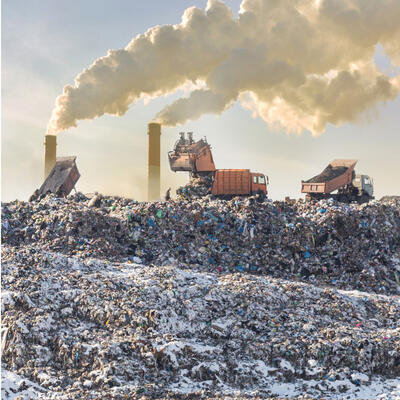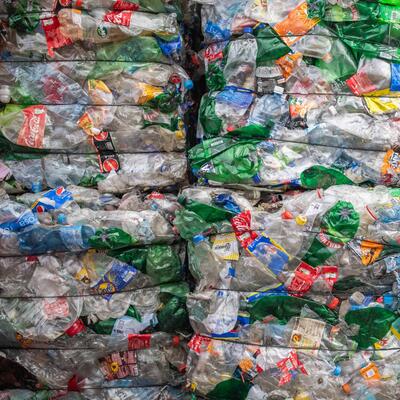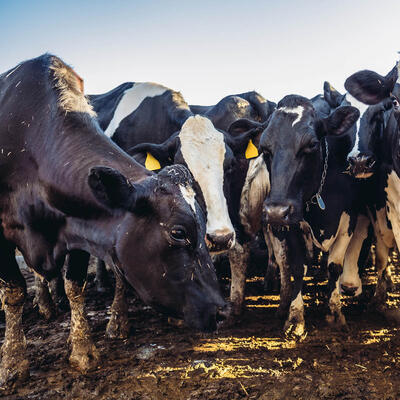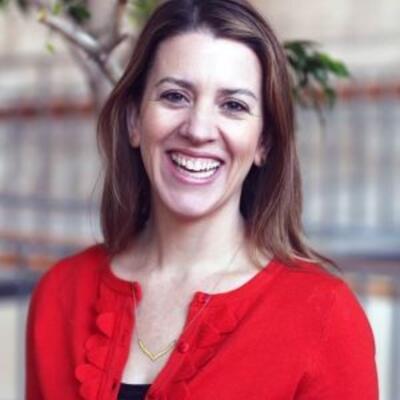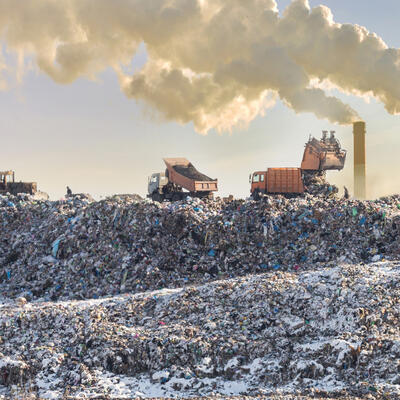
REWIND: Erin Brockovich / Inconspicuous Consumption
Guests
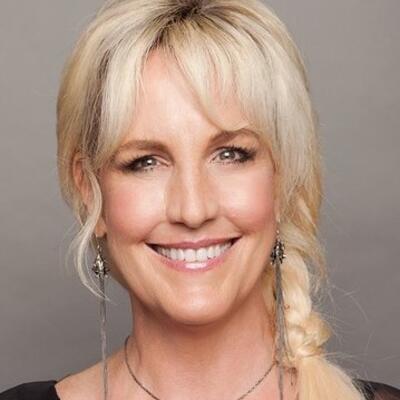
Erin Brockovich
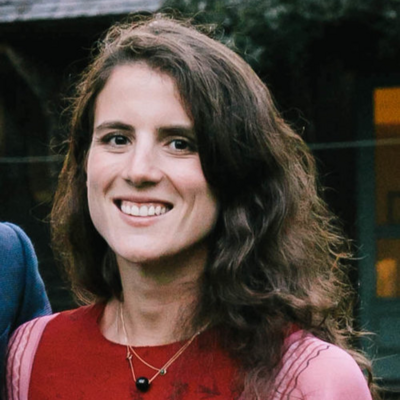
Tatiana Schlossberg
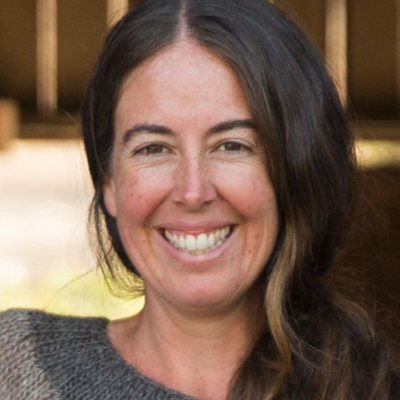
Rebecca Burgess
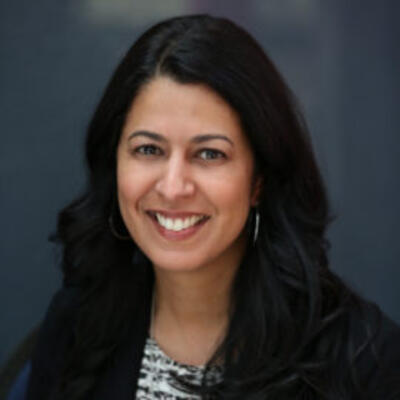
Amina Razvi
Summary
On today’s program, we revisit three Climate One conversations from the past year that empower us to make a difference – both individually and collectively.
Twenty years ago, Julia Roberts won an Oscar for her portrayal of maverick environmental activist Erin Brockovich in the biopic of the same name. The film depicted Brockovich’s successful crusade against corporate behemoth Pacific Gas & Electric, which had been pumping contaminated wastewater into the water supply of the town of Hinckley, California.
The real Erin Brockovich hasn’t slowed down since then - in fact, she’s out there writing the sequel, taking on corporate polluters and government enablers from upstate New York to Flint, Michigan to Beverly Hills, California. Much of her work centers on empowering underserved and overlooked communities to collectively advocate for themselves. And that can start with just one person. These days, in addition to her work on water safety and toxins in communities, Brockovich has taken on the climate emergency. The connection, she says, is fundamental.
“Climate change is about too much water, not enough water, no water, drought, flooding,” she says. “I think it's becoming real because it's tangible, it's touchable. You're running from it, you’re breathing it. You're swimming in it. You could be drowning in it. I just think it's here.”
“Climate change will be about our response, our preparedness, our defending ourselves,” Brockovich continues. “And not just thinking that because you can’t see it, it’s not going to happen.”
Everyday choices – like what to eat, wear or binge-watch – may impact the planet more than you think. But how far can individual choices take us?
Tatiana Schlossberg is the author of Inconspicuous Consumption: The Environmental Impact You Don't Know You Have, in which she argues that everyday consumer choices may not change the carbon economy, but they’re an important part of being the kind of person who acts in more collective and impactful ways.
“I don't think we should feel individually guilty necessarily for our consumption,” Schlossberg says, “but we should feel collectively responsible for fixing the systems and building a better world.”
Among the choices we make where our carbon footprint may be hidden in plain sight is in what we wear. Rebecca Burgess, Founder and Director of Fibershed, a nonprofit that helps develop regional and regenerative fiber systems for clothing producers, believes that our clothing choices can be as significant as our food choices.
“If I eat local, can I wear local? If I eat organic, am I wearing organic?” she asks. “If I’m interested in climate smart agriculture, how am I wearing those values and the fibers that I'm wearing each day?”
Burgess believes we need to re-think our relationship to our wardrobes. “Think about the timelessness of the piece,” she advocates, “think about wearing a garment or purchasing a garment that's gonna be with you for the long haul. Love it. Really be a custodian not a consumer.”
Related Links:
Erin Brockovich – Community Healthbook
Superman’s Not Coming: Our National Water Crisis and What We the People Can Do About It
Hinkley groundwater contamination
Flint Water Crisis (NRDC)
Understanding the Safe Drinking Water Act (EPA)
Inconspicuous Consumption: The Environmental Impact You Don't Know You Have
Fibershed
Sustainable Apparel Coalition
